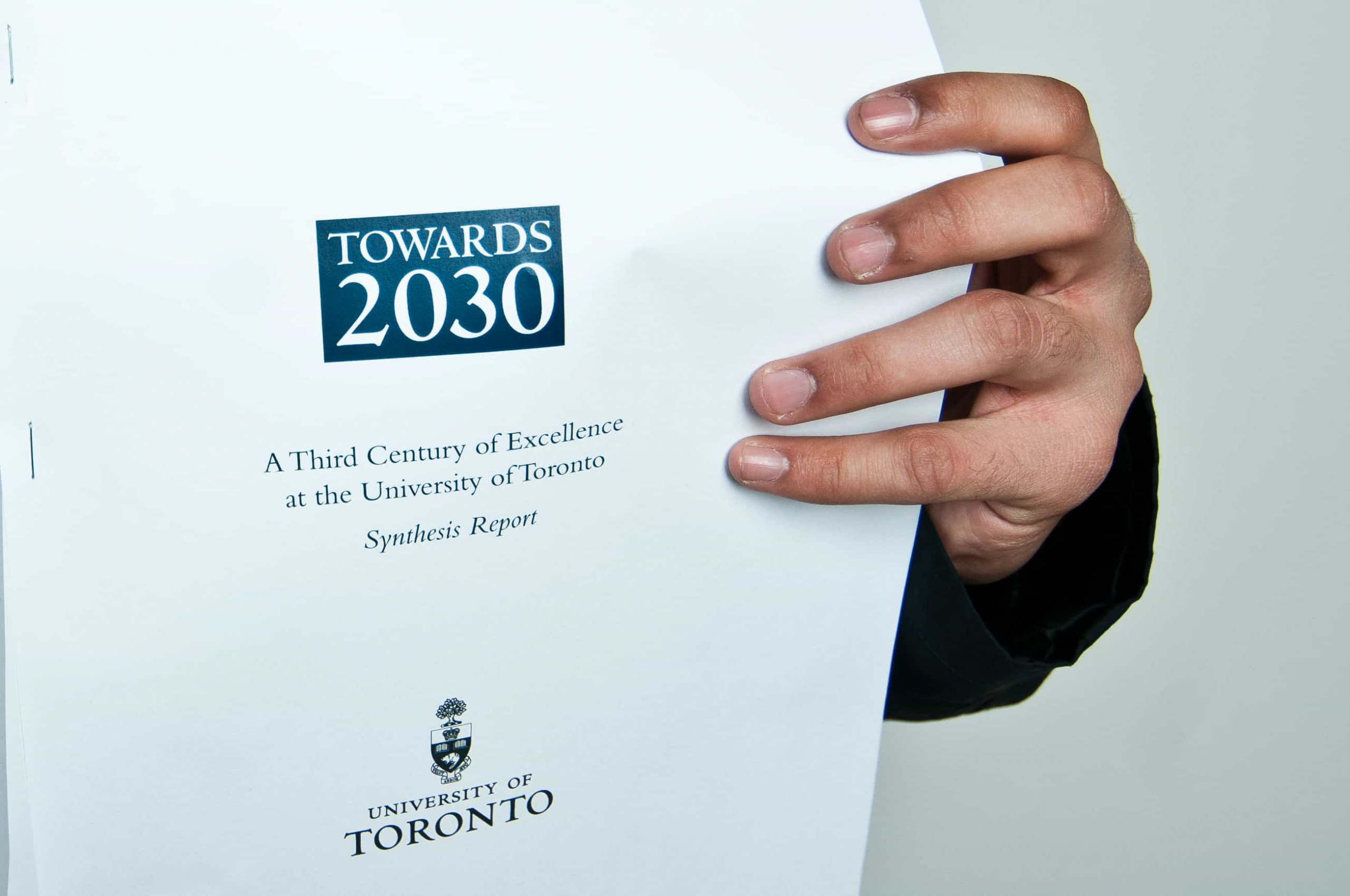Knowledgeable and passionate people populate both sides of the debate over governing practices at U of T, but the dialogue lacks respect. In the “Towards 2030” plan and the St. George Campus Town Hall designed to discuss it, this lack of respect is obvious.
Provost Cheryl Misak, an active participant in the Towards 2030 debate, is a highly-regarded professor of philosophy; likewise, whether or not you agree with their opinions or decisions, the members of our university’s administration are accomplished in their respective fields, having risen to their current positions through dedication and passion for education. The ideas they bring to the Town Hall are thought out carefully and merit real consideration.
Similarly, the students and faculty in attendance at the St. George Campus Town Hall deserve more respect than they are receiving. The opinions of undergraduates, graduate students, and faculty should be heard and have more influence in administrative decisions at U of T. The concern raised by several of the attendees regarding university governance practices stems from the reality that there are members of the U of T community that feel unjustly excluded from the decision-making process. Therefore, the debate over U of T’s governing practices sparked by policy documents such as Towards 2030 needs to be had in a way that will allow for genuine dialogue.
Admittedly, I cannot propose a concrete solution for the bitterness in the dialogue, but I can make three suggestions that I feel would improve the situation for administration, faculty, and students alike:
1) “Give credit where credit is due.” This adage is one that the administration should keep in mind. If the idea for a new policy, fund, or initiative comes from a student union, a focus group, or any entity outside of the administration, ensure that they are given recognition for the idea in some way. There are few things more frustrating than seeing someone take your idea and act as if they independently came up with it.
2) “Keep calm and carry on.” The administration, students, and faculty should remember this when dealing with contentious issues, such as the Towards 2030 document. It is easy to let emotions get the better of you; constructive dialogue is lost all too easily to emotions, leading to sensationalistic rhetoric and snarky comments. Emotions should drive the passion to voice one’s opinions, not overshadow it.
3) More student representation. At the Towards 2030 Town Hall, one person pointed out that 18 per cent of Governing Council board seats are held by students, yet student fees cover 39 per cent of the operating costs of the university. There are plenty of students at U of T that are eager to get involved with university governance practices, and all with the intent of working with administration and faculty to ensure a high quality education and a positive experience for both undergraduate and graduate students.
These suggestions express my hope that the seemingly stagnant discussions between administration, faculty, and students can be improved with constructive dialogue. I cannot see how the continuation of animosity among these three groups will benefit the raison d’etre of this university: students.
Katharine Ball is president of the Arts and Science Student’s Union.


